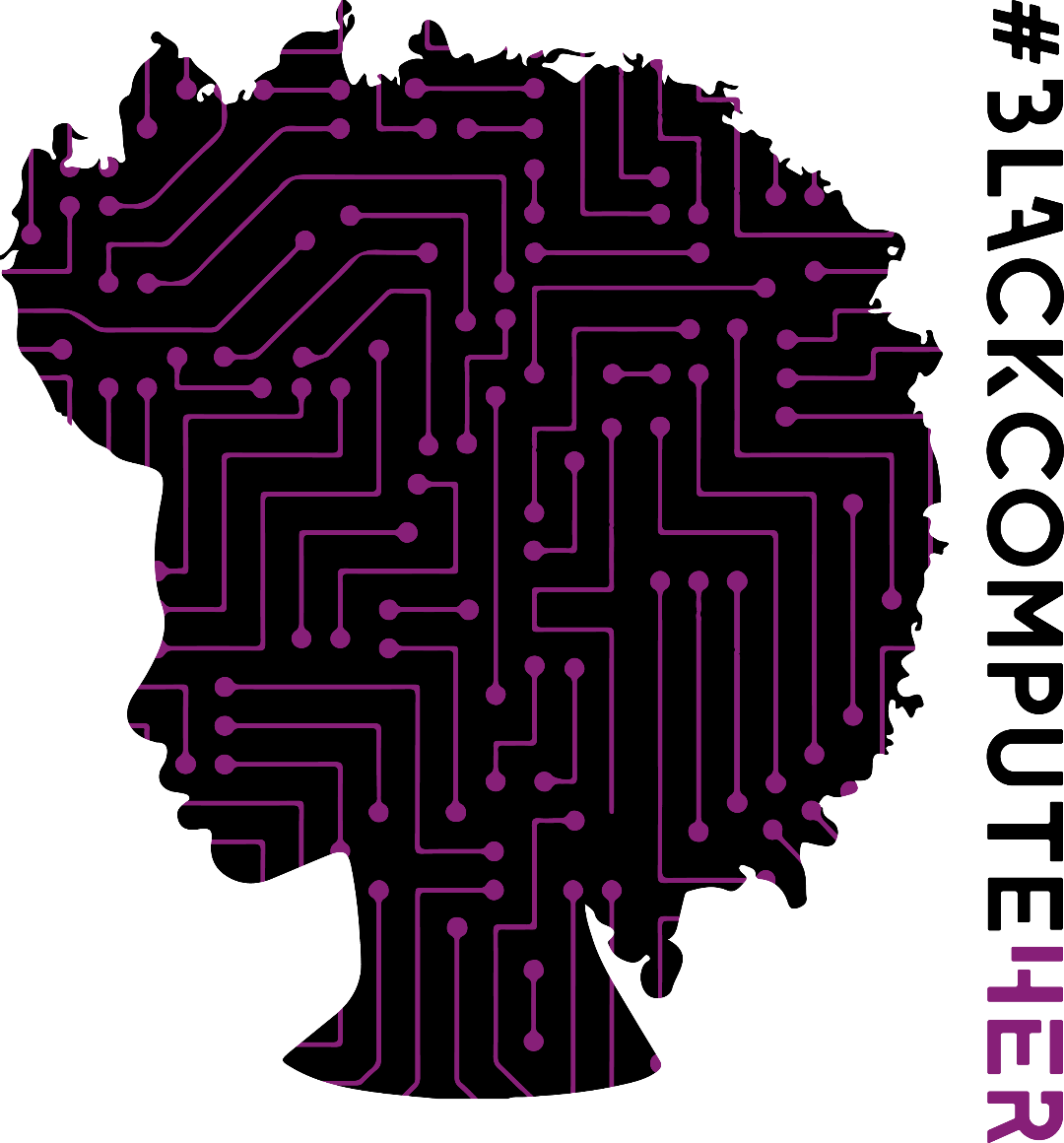Workshop: OpenSource Hack for Social Justice
Rosario “Rose” Robinson is based in Washington, DC and is Director, AnitaB.org Communities and Technical Programs. She’s also Her Systers’ Keeper, global community of technical women. Rosario has been working to change the attitude of culture in the tech industry through global technical programs and community. With many of the racial and social justice issues today, Rose knows what it feels like to be the only woman and person of color on a team, department and company. Through various social impact projects and community, collaboration and learning, she works tirelessly to change the attitude in tech industry to increase minority representation of tech professionals and the tech culture is more inclusive and inviting.
To ensure one HBCU, her alma mater, gains access to programs, scholarship and conferences, Rose founded and chairs industry advisory board at Savannah State University Computer Science department securing board members from academia, industry, research and government for a broader perspective into the future of Computer Science. She is also engaged with Mission:Launch on social-criminal justice data projects to eliminate barriers for returning citizens, restore equity and create sustainable opportunities.
Rose has more than 20 years in large software implementations in Telecommunications, Geospatial and an Infrastructure architect. Rosario manages AnitaB.org’s open source programs including Systers Google Summer of Code, Google Code In and social impact projects. Previously, Rosario worked in various technical roles and managed large software implementations in Telecommunications, Geospatial and infrastructure architecture. Rose earned a B.S. and M.S in Mathematics, from Savannah State University and Georgia State University respectively.
You can find Rose on Twitter, on an airplane to a foodie destination or in a restaurant trying out a new brunch spot.
Workshop Description
The 2020 census is quickly approaching and collecting data is crucial to voting rights, economic opportunity and especially returning citizens. People of color are disproportionately impacted by criminal records especially among African Americans. The census assists in identify the disparities in many communities of color to that policy makers, community leaders and advocates and more can work toward equitable treatment and improve access to jobs, education, housing and participation in elections. In this worskhop, we’ll look at census data, collection requirements and how to utilize technology in data visualization for deeper analysis of how data is used for census for reentry citizens.

